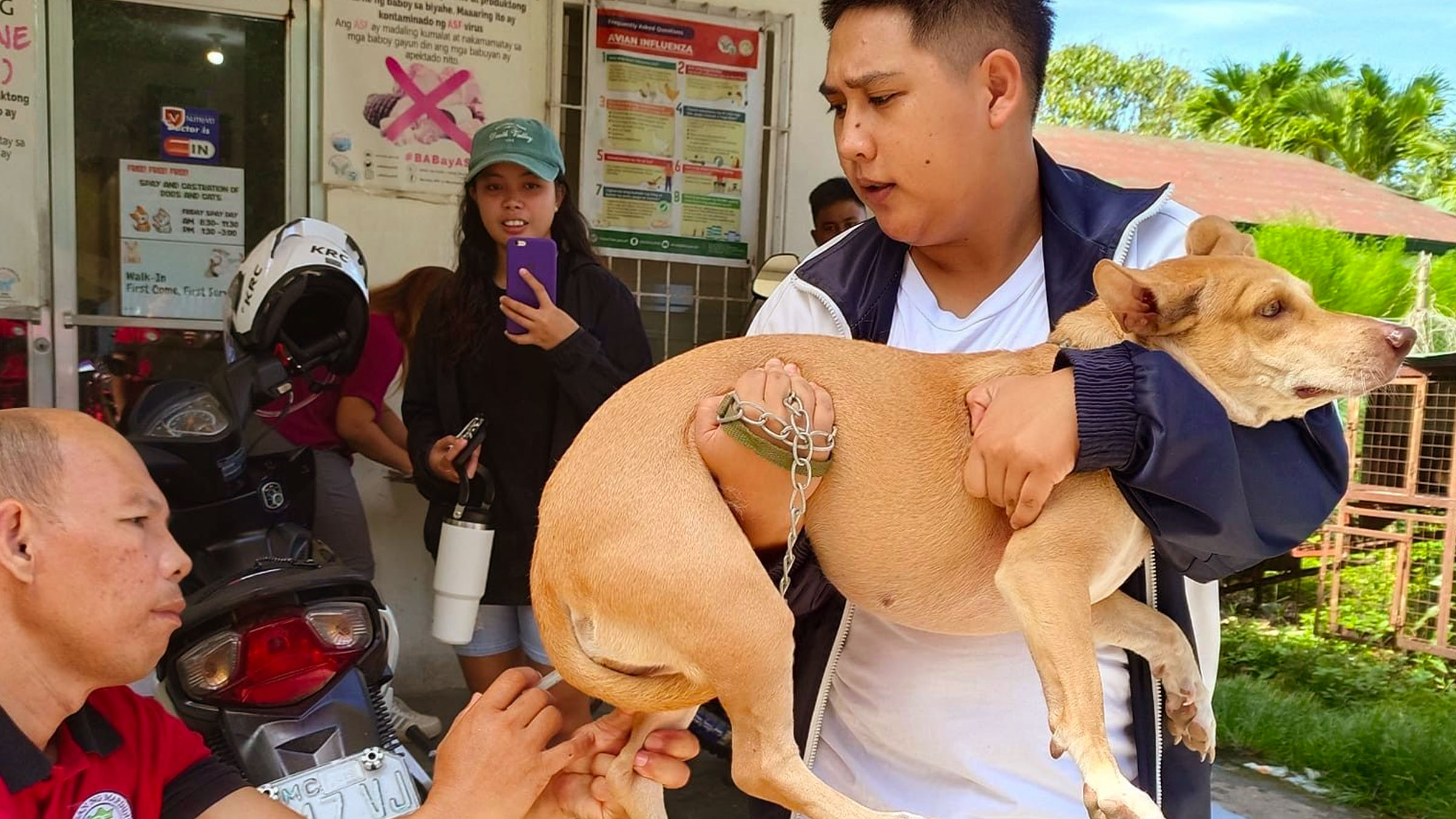Irresponsible mining must stop as it is destroying the land of promise, the incoming President Rodrigo Duterte said in his speech during the “One Love, One Nation #DU31 Thanksgiving Party” evening of Saturday, June 4.
Speaking before an estimated 300,000 people who attended the Saturday night party at the Davao Crocodile Park, Duterte dared the mining industry players in Davao to “shape up,” otherwise he will force them to shift to other businesses.
“I have a big problem with mining companies, they are despoiling the land, they are destroying Mindanao, the soil of our country,” he said.
He mentioned that most of the big mining companies, especially in Surigao del Norte, must stop operations.
Back in 2011, the Tribal Coalition of Mindanao filed a petition for a “Writ of Kalikasan” before the Supreme Court against the mining companies in Surigao del Norte, including Taganito Mining Corp. (TMC), Platinum Group Metals Corp. (PGMC), Oriental Synergy Mining Corp., Shenzou Mining Group Corp and Marcventures Mining Development Corp. on grounds of “destroying and polluting the ancestral domain by failing to provide proper siltation venues for their nickel mines, thereby irreversibly damaging marine resources, mangroves, corals and creating serious health risks to the tribes and inhabitants of the provinces of Surigao del Norte and even Surigao del Sur.”
But in an en banc resolution dated June 28, 2011, the SC resolved to remand the Petition for a Writ of Kalikasan with prayer for Temporary Environmental Protection Order (Tepo) to Court of Appeals in Cagayan de Oro City, saying the petition “does not demonstrate sufficient factual and legal allegations, as well as evidentiary support required under the Rules of Procedure for Environmental Cases.”
This can all change with the new administration.
Duterte reiterated his stand that he is not against mining for as long as it upholds the most stringent of environmental standards and requirements.
In fact, in one of his late night press conferences last month, Duterte recommended the Australian standard of mining.
The President-elect said he would create a cooperative composed of Filipino mine workers, especially of Moro people and anyone based in the land where mining is operated and instruct them on the sustainable way of mining.
“What hurts here is that even the Moro people, supposed that they are from here, they still belong to the marginal side of our business endeavor here in Mindanao, that has to change, dapat mauna muna ang Mindanawon na mahirap, and I would like to form them into a cooperative of all the Filipino mining workers here and we will support them and give them instructions of how not to end up despoiling the land,” he said, adding that all big abusive mining companies will have to stop and look for other business venture.
At present, Duterte has yet to announce his choice for the Department of Environment and Natural Resources (DENR) chief.
He said he wanted the environment department to be occupied by someone in the military, the reason he did not put Leoncio Evasco, his national campaign manager and Maribojoc mayor to the post.
“I have a problem with choosing the DENR secretary because of the big problem with mining companies, yan ang mahirap kasi kung ilagay ko siya (Evasco), he was a communist before, and you know variably you have to use the force of the military and the police to enforce, so I reserved the DENR post for somebody (who is from the military),” he said.
Duterte was known to be an anti-mining advocate, as Davao City has an existing ordinance disallowing any entity to engage in any business involving mining operations within the city.
In 2015, the Davao City Council passed the ordinance ,which was lauded by a numerous environmental and indigenous people groups, including Panalipdan and Kalumaran. The sponsors of the ordinance are the late Councilor Leonardo R. Avila III and incumbent councilor Danilo Dayanghirang.
Based on section 5, the ordinance states that “no approval shall be granted or issued by the City through the Sangguniang Panglungsod (City Council) to any person, natural or juridical, to undertake any and all forms of mining operations any area within the territorial jurisdiction of Davao City, except rocks and mineral substances classified under the quarry resources.”
At present, Holcim Philippines Inc. cement operations in the city contribute some P30 million annually in real property tax alone.
The passing of the ordinance was criticized by some groups, saying mining operations is allowable in the country as enshrined in Republic Act 7942 or the Philippine Mining Act of 1995 otherwise known as the act “Instituting a New System of Mineral Resources Exploration, Development, Utilization and Conservation.”
At present, there are other 12 local government units that have already banned large-scale mining. It includes Mindoro Oriental, Mindoro Occidental, Puerto Princesa City, Marinduque, Romblon, Guimaras, Capiz, Albay, Eastern Samar, Northern Samar, Western Samar, and Negros Occidental.

